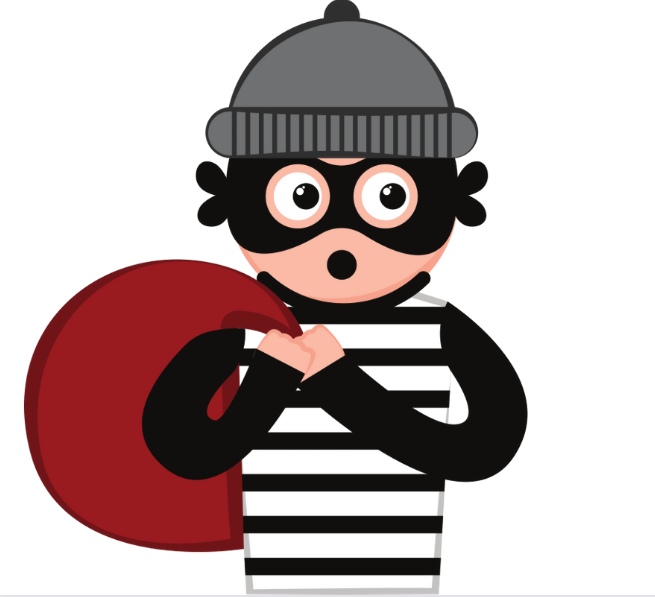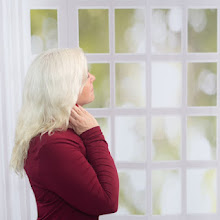To view the full series, check out our archive! As a reminder to new readers, you can start anywhere, even here as articles do not need to be read in any particular order.
So, back to happiness! Last time I asked you what makes you happy. What hobby or activity do you enjoy that takes a way stress and brings some fun to your life? You should be able to list at least one, hopefully maybe a couple! Feel free to let me know!
I mentioned last week I would like to tell you a bit about my experiences in health care and as a hospice nurse. You may be surprised to find out who my unhappiest patient was and who my happiest patient was.
Let me tell you about one of my most interesting jobs. I became a hospice nurse in Los Angeles. My patients lived in a variety of cities from the poorer neighborhoods in LA to Santa Monica to The Pacific Palisades and Brentwood. Some days I went down streets that were dilapidated and sometimes I drove down Rodeo Drive in Beverly Hills. I even stood in line behind Ben Stein in a McDonald's restaurant on Pacific Coast Highway in Pacific Palisades. Lol, McDonald's? I guess he needed to win some of his own money back. (If you don't get that joke, Ben Stein hosted a game show about 25 years ago called Win Ben Stein's Money).
The families that seemed to be the happiest were the ones in the middle class or lower-class neighborhoods. Upper middle-class families could be ok but as I approached the well-to-do and rich families, the happiness meter went down. The richer the person, the lonelier they were. Maybe their friends and family members were off working earning their own fortunes? All I know is that whenever I arrived at a fancy house with a gated driveway, I immediately became sad. I knew I was going to walk into a huge house with 1 person (the patient), a caregiver, a housekeeper, a gardener, and occasionally (on a weekend) there was a family member present. Also, with the families with money, there were often fights about the will when the patient died.
One time, I was accused of stealing a famous painting (It was either Picasso, Rembrandt, or Van Gogh. I can't remember exactly which one as I am not an expert on art and paintings.) I was shocked, and worried that I was going to lose my job. My supervisor, however, said that this was not unheard of when dealing with people with lots of money. The case of the missing painting was soon solved. The patient's daughter, a high-level judge in New York, had stolen the painting and hid it away so her brother would not get it. Money can make people do some crazy things.
So, why did I bring this up? There is a general idea that riches will bring happiness. Certainly, if you don't have enough to eat or jackets in cold weather, it might be hard to be happy. But, once you have the necessities of life, other factors come into play. Otherwise, most people you know with money would be happy. But, in my experience, that just doesn't seem to be the case. And if I think back to my favorite year, it was not the year I had the most money.
So, I said I was going to tell you who my unhappiest patient was as well as my happiest patient.
It may surprise you. I was surprised. My unhappiest patient was a 70-year-old Catholic priest who had a moderate stroke. He was not paralyzed; nor did he have trouble speaking. He did, however, have difficulty walking and had to go through intensive physical therapy. Granted that can be a challenging and painful process. But he was extremely upset and angry at the world; beyond what I normally saw in people in the same situation. He was the unhappiest patient I ever had. I often wondered what became of him.
So, what DO we know about happy people?
I am going to repeat the following steps I mentioned in the last article. I am also going to add in a little more information in the event you find it helpful.
Happy people tend to have these traits:
1. They have strong social connections (It can family, friends, clubs or organizations.) Let me clarify on this one. This connection can be with any group of people. It does not have to be the family you grew up with or an official organization such as a church. This is good news if perhaps you do not have the kindest of family members, are not religious, or don't belong to the Southern California Chess Club. The key is the connection.
2. They engage in activities that fit their strengths, values, and lifestyles. In other words, you do what you love. If you like to paint, you paint. If you feel like swimming, you swim. You don't just do hobbies or activities you think you should do or to please other people.
3. They practice gratitude. This can be the easiest and hardest thing to do. So, keep it easy. Just start the day by saying 3 things you are thankful for, no matter how small. I am personally always thankful for warm, running water. I recognize not everyone in the world has easy access to water.
4. They focus their time and energy where they have control. I can't control if my husband is in a good mood or my work e-mails are overflowing. But I can control what I put on my To-Do list or how I am going to organize my day. Sometimes it feels like life is out of control. But there is usually at least one or two things you can easily think of!
5. They know it's good to do good. Please see my article that discusses happiness and service to others.
Sometimes it helps to take your mind off yourself and your problems for a bit. Maybe call or text a friend?
6. They realize that material wealth is only a small part of the equation. Yep. See my discussion above. about visiting rich vs. non-rich patients.
7. They develop healthy coping strategies. The good news is that there are many to choose from! If meditation or yoga does not appeal to you, that's ok. You could take a walk, participate in a sport, write, play with your dog, take a drive. I like to watch a funny movie if I am having a really hard time. Whatever helps to calm you down, refocus, and helps you get back in the saddle.
8. They focus on all aspects of their health: mind, body, stress relief. We usually just think of working out at the gym or making a salad when we think of our health. But this refers to all aspects of our health, both the mind and the body. The good news is that often what helps one often helps another. Not sure where to start? Focus on decreasing your stress level.
9. They cultivate spiritual emotions. In other words, they connect to something larger than themselves. This does not specifically refer to church or religion. You can focus on the world, the universe, some type of belief system that does not include only you and your immediate problems.
10. They have meaningful goals in life. They have direction.
It is not the person with the most money, the easiest life, or the best family that is the happiest but often the person with the most interesting hobbies, activities, and outlook on life!
This week choose two things you are grateful for and one thing you love to do that makes you happy!!!
Cheers and positive vibes! See you back here soon!








Comments
Post a Comment